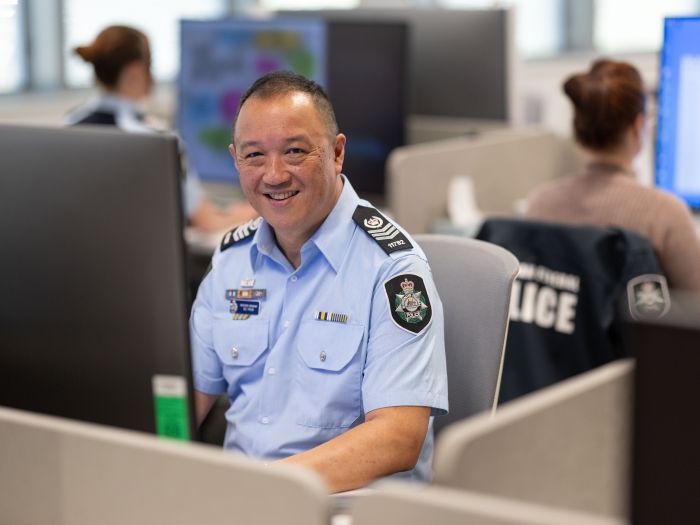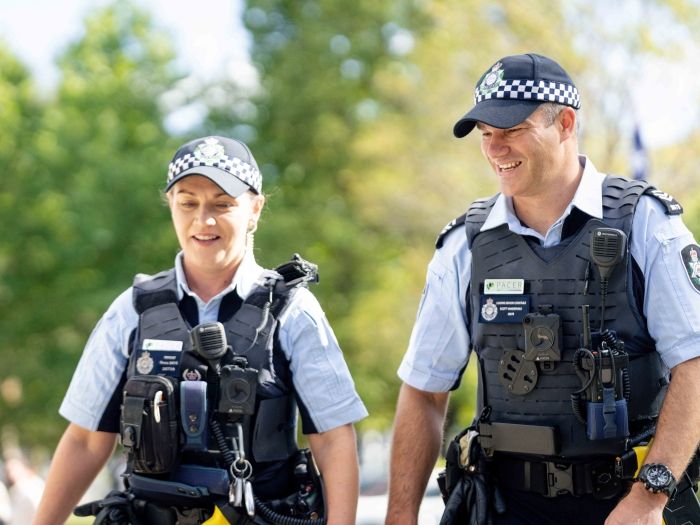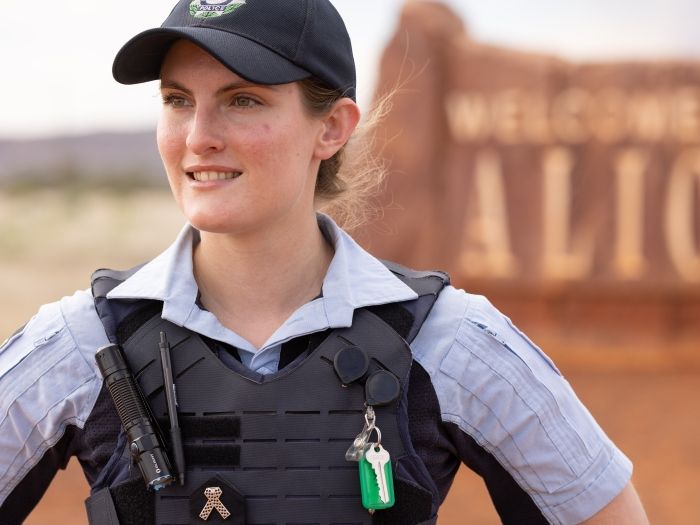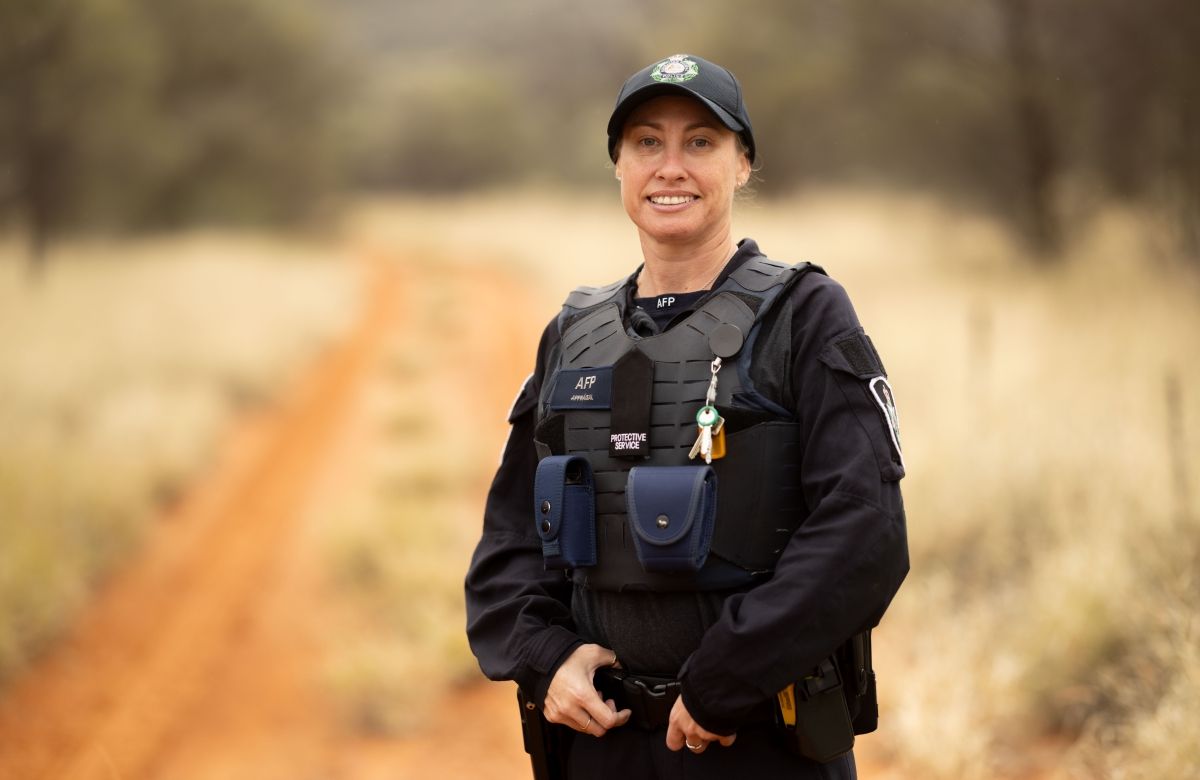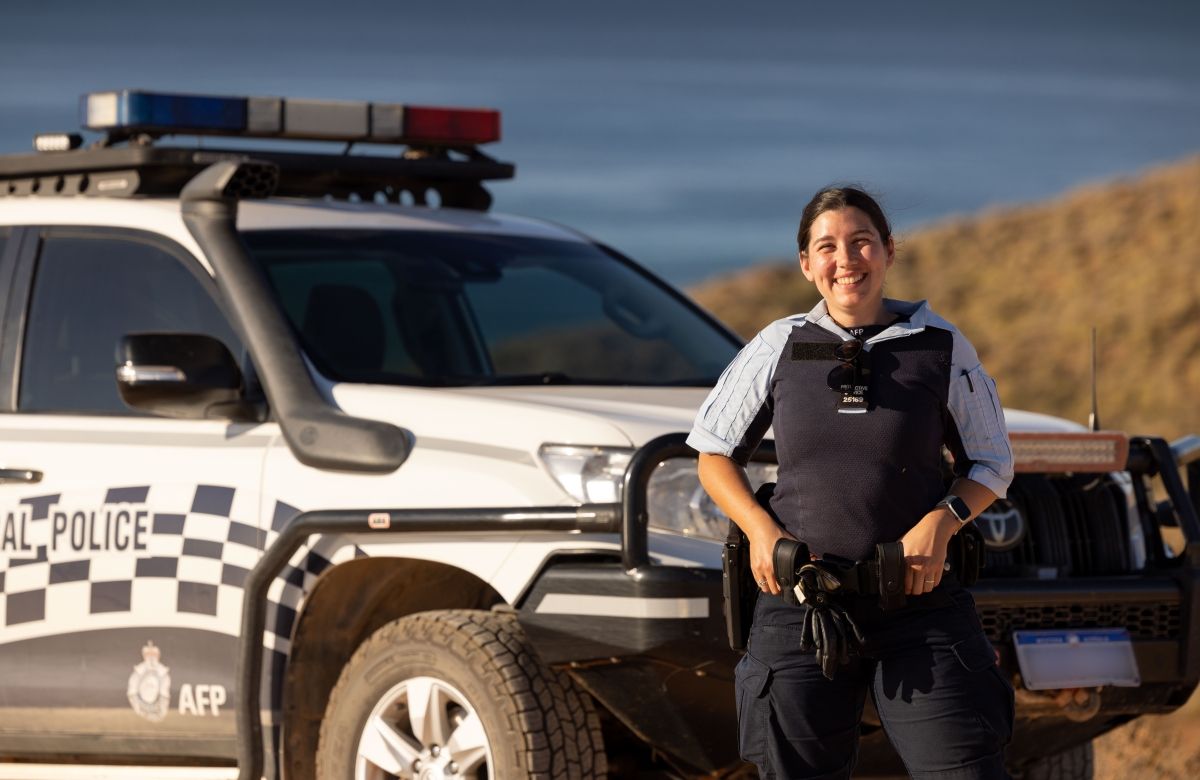You can join us as an AFP recruit.
Experience a career that is challenging and rewarding. Where the work you do makes a difference. The AFP gives you a lifetime of opportunities with over 200 types of roles. We work in locations around Australia and the world.


